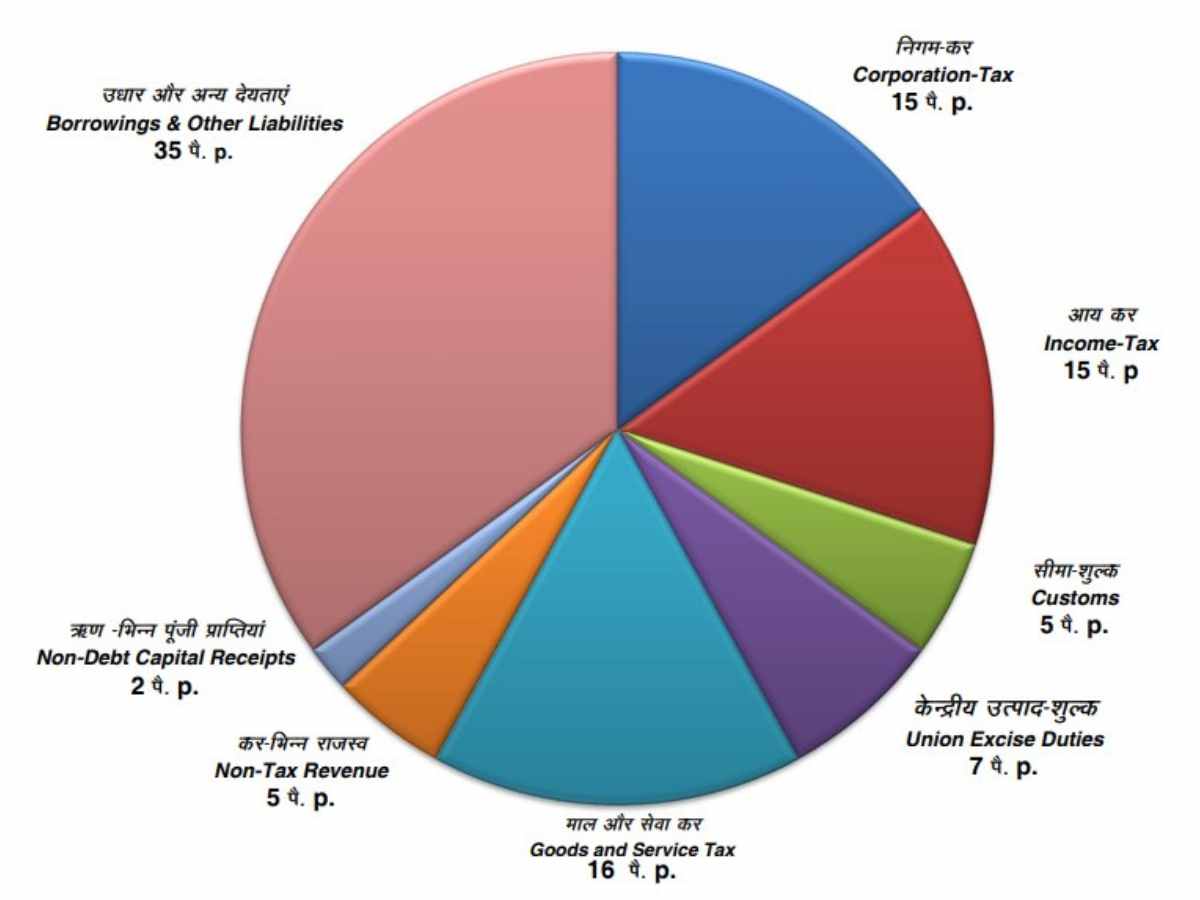In a bold move aimed at boosting government revenue, the Trump administration has announced the creation of a new “External Revenue Service” (ERS). This agency will be responsible for collecting tariffs, with the stated goal of raising billions of dollars to offset the cost of the President’s trade policies.
The Plan’s Objectives
The ERS is tasked with collecting tariffs on goods imported from countries that the US government deems to be unfairly subsidizing their industries. The funds raised through these tariffs will be used to fund various government programs, including border security and infrastructure projects.
Arguments in Favor
Supporters of the ERS argue that it is a necessary step to protect American jobs and businesses. They point to the fact that many foreign countries subsidize their industries, creating an unfair advantage in the global marketplace.
“We need to level the playing field for American businesses,” said Commerce Secretary Wilbur Ross. “The ERS will help us do that by collecting tariffs on goods from countries that are not playing by the rules.”
Arguments Against
Critics of the ERS argue that it will hurt American consumers and businesses. They point out that tariffs are ultimately paid by consumers in the form of higher prices.
“This is a tax on American families,” said Democratic Senator Chuck Schumer. “It will raise the cost of everything from food to clothing to cars.”
Businesses also argue that the ERS will disrupt supply chains and make it more difficult to operate globally.
Potential Impact
The potential impact of the ERS is significant. The tariffs imposed by the Trump administration have already led to retaliation from other countries, and the creation of the ERS could further escalate trade tensions.
According to a study by the National Retail Federation, the ERS could cost American consumers up to $7.1 billion per year.
Legal Challenges
The legal authority for the ERS is unclear. The Trump administration claims that it has the authority to impose tariffs under the Trade Expansion Act of 1962, but critics argue that this law does not give the administration the authority to create a new agency to collect them.
Several lawsuits have already been filed challenging the legality of the ERS, and it is likely that the issue will ultimately be decided by the Supreme Court.
Conclusion
The creation of the External Revenue Service is a controversial move that has the potential to significantly impact the US economy. Supporters argue that it is necessary to protect American jobs and businesses, while critics claim that it will hurt consumers and disrupt supply chains.
The legal authority for the ERS is unclear, and its future is likely to be decided by the Supreme Court. Regardless of the outcome of the legal challenges, the ERS is a significant development in the Trump administration’s trade policy.

